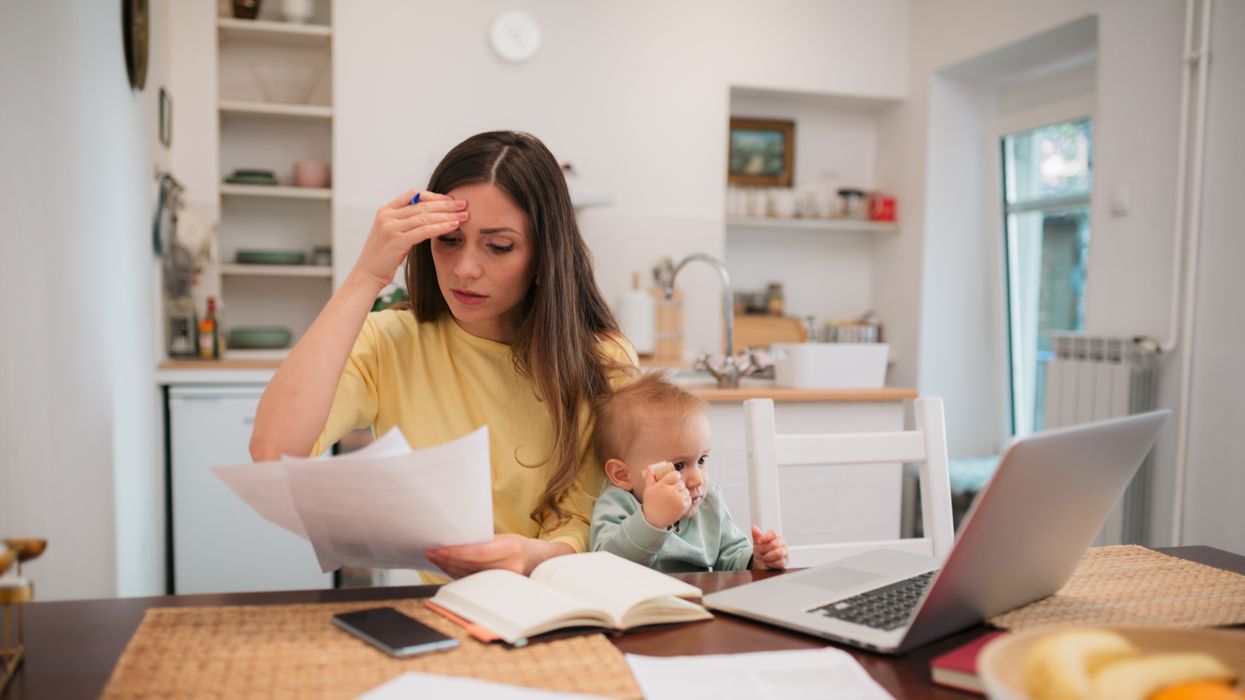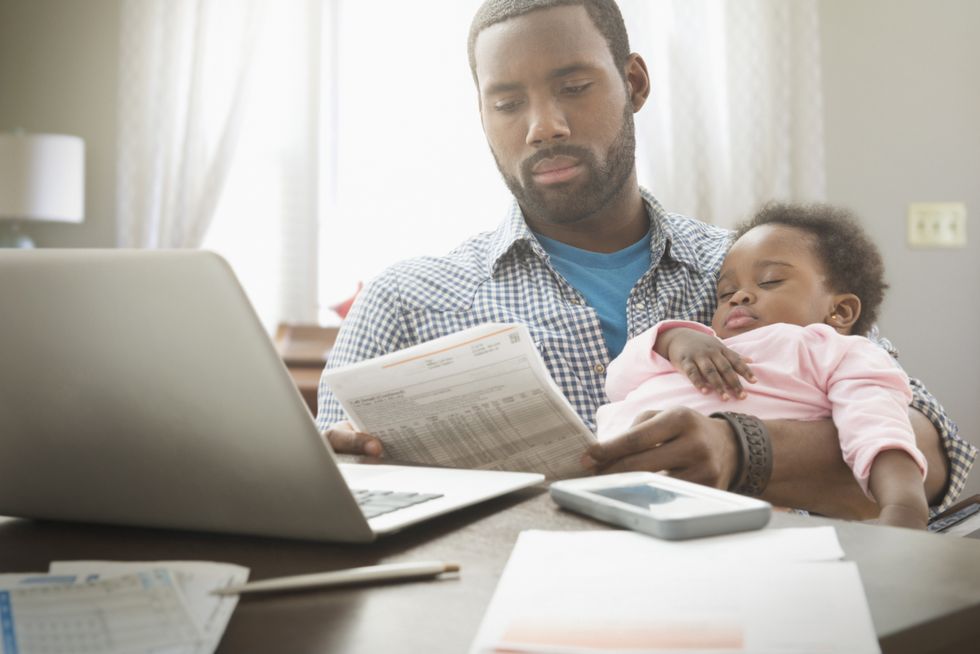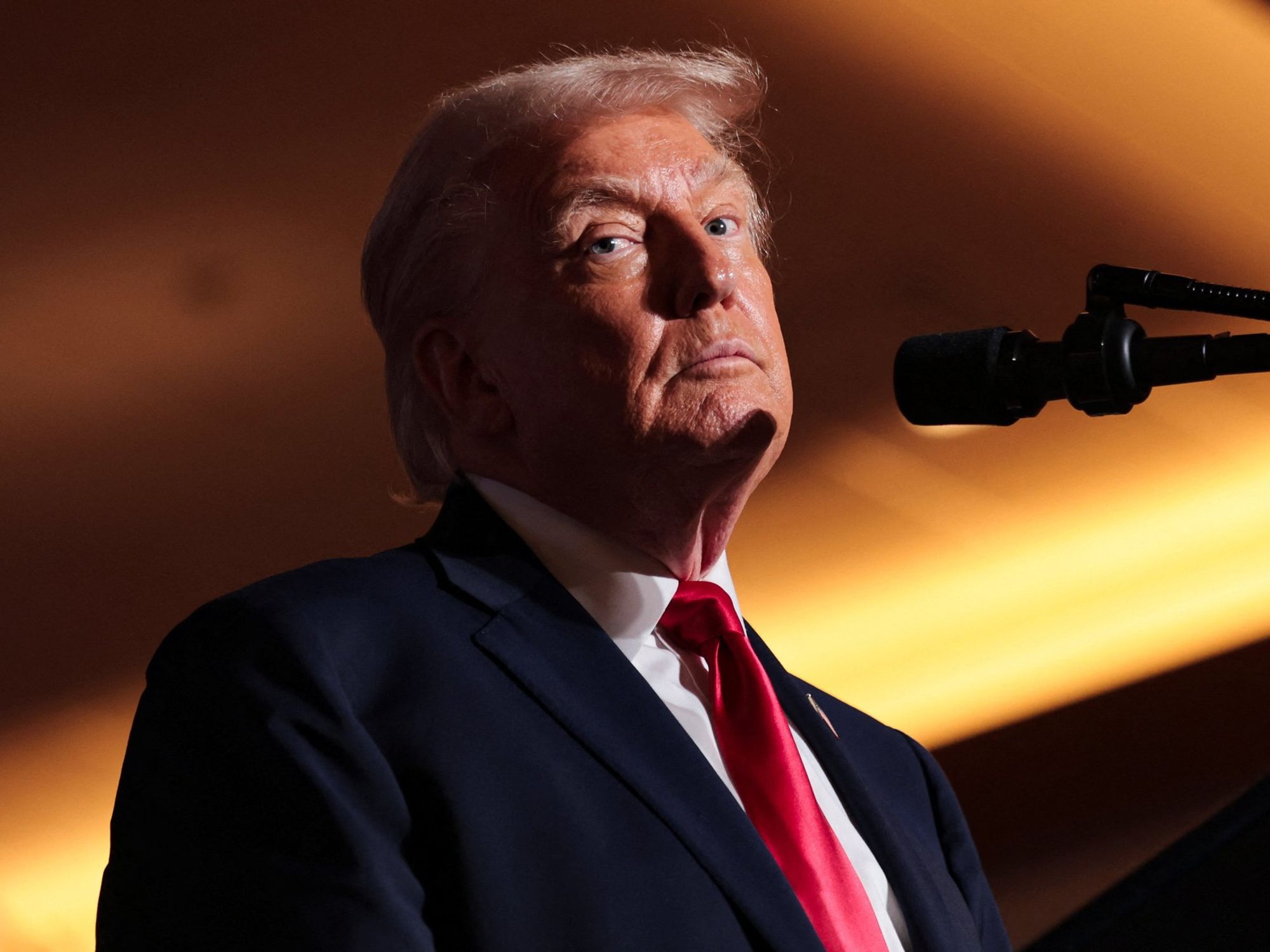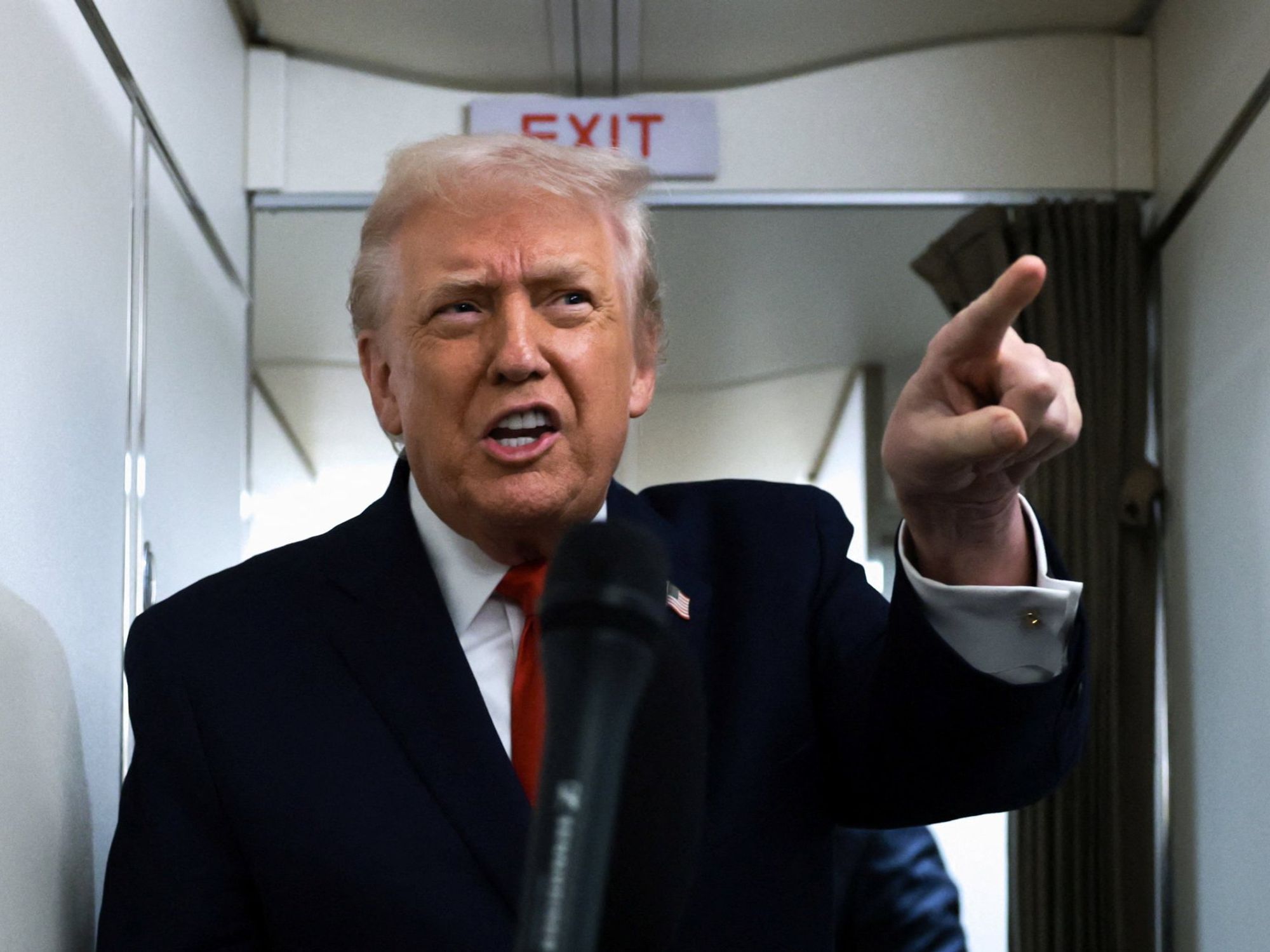Parents urged to keep track of children’s savings accounts to avoid triggering ‘unnecessary tax bill’

Parents are being urged to monitor the amount of interest being earned in children's savings accounts to avoid a tax bill
|GETTY

Savers will need to act fast if they want to secure the best savings accounts available right now
Don't Miss
Most Read
Parents saving for a child’s future are being urged to keep track of their contributions to avoid finding themselves slapped with an “unnecessary” tax bill.
Higher interest rates seen in recent months mean parents are more likely to be at risk of triggering a tax bill on their savings, making it more important than ever to watch out.
Alice Haine, personal finance analyst at Bestinvest, the DIY investment platform and coaching service, explained: “Savings rates have jumped up over the past year with some children’s accounts offering better deals than adult accounts, such as up to five per cent on an easy-access account or two-year fix and up to 5.8 per cent on a regular saver.”
However, if a child gets more than £100 in interest from money given to them by a parent in the tax year, the parent will have to pay tax on the interest if it’s above their own personal savings allowance.
WATCH NOW: Greg Smith MP talks to GB News about tax on savings interest
Ms Haine warned: “Track how much you contribute to a child’s savings account to avoid triggering an unnecessary tax bill.
“The £100 limit does not apply to gifts given by grandparents or other relatives.”
Basic rate taxpayers could earn up to £1,000 of interest in a tax year without having to pay interest on it via the personal savings allowance.
This drops to £500 per tax year for higher rate taxpayers and it’s slashed to zero for additional rate taxpayers.
Lower earners can earn some interest from savings without paying tax via the personal allowance and starting rate for savings allowance.
Ms Haine also urged parents to act quickly to secure the higher interest rates currently being seen, after the Bank of England voted to hold the base rate at 5.25 per cent for two months in a row, following 14 consecutive hikes.
The personal finance expert said: “Rates are significantly better than they were a year ago, but parents need to move fast as expectations are mounting that the base rate has already peaked raising the likelihood that the best deals will disappear soon.
“Locking in the best savings rate possible is important to ensure a child’s savings pot delivers a positive return in real terms once inflation is factored in. With inflation now at 4.6 per cent and expected to retreat to 2.8 per cent by the end of next year, according to the Office for Budget Responsibility, parents should shop around for a deal rather than just picking the lender they bank with. Move fast to ensure the money toils away as inflation continues to beat a retreat.
“Choosing the right savings account depends on factors such as the child’s age, the interest rate, the type of bank card they want and the minimum amount they can have in the account. While some accounts only pay interest on balances up to a certain amount, such as up to £1,000 or £3,000, others offer tiered interest rates with higher rates on lower balances or vice versa.”
Those likely to be taxed on their child’s savings may decide to look into a Junior ISA (JISA).
It’s possible to save up to £9,000 per financial year in a tax-free Junior ISA.
Ms Haine said: “For bigger, long-term financial goals such as funding a gap year, university fees, or a first car or deposit on a home, opening a Junior ISA (JISA) for a child may be a better option.
LATEST DEVELOPMENTS:

Parents can save up to £9,000 a year for a child in a Junior ISA
|GETTY
“These tax wrappers enable a child’s cash or investments to grow free of tax on income or capital growth and don’t run the risk of a parent breaching the personal savings allowance on interest earned in a bank or building society account.”
When the child turns 18, the JISA can be converted into an adult ISA, where the annual allowance will jump to £20,000.
Ms Haine added: “From 18, the child can access the funds or leave it invested. Under new rules unveiled at the Autumn Statement, all adult ISAs can now only be opened at 18, a move that only restricts 16 and 17 years old from applying for a Cash ISA.
“While Junior Cash ISA rates have jumped up this year, with rates of up to 4.95 per cent available, dedicating the full £9,000 allowance to cash could see children miss out on compounded investment returns.
“For those willing to put money aside for a child for a medium to longer-term period, such as five years or more, then a stocks and shares JISA can be used to make investments in the financial markets.”










